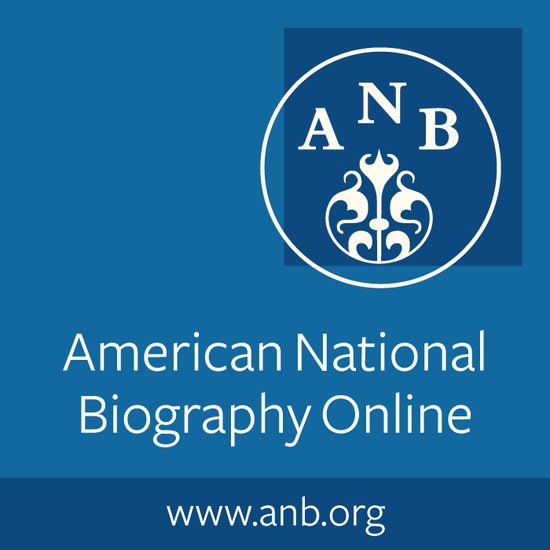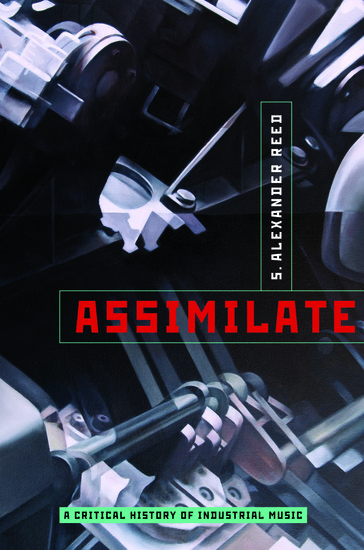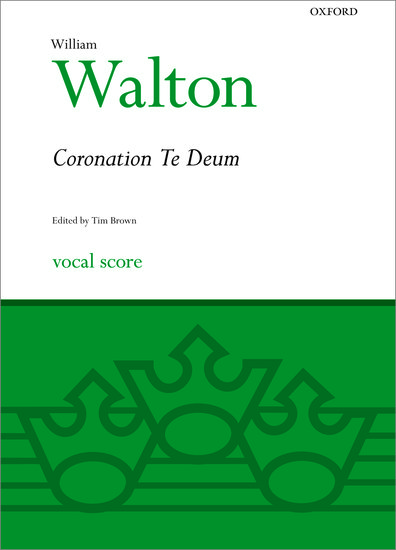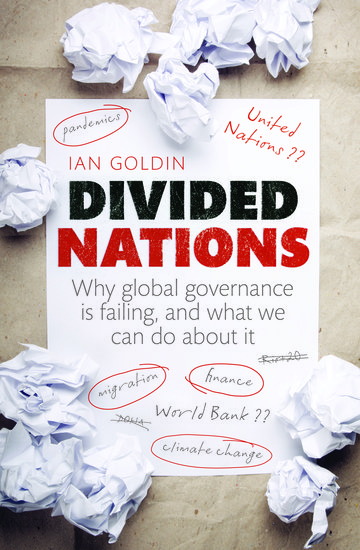A call to the goddess
In the first book of The Iliad, Homer calls for a muse to help him recount the story of Achilles, the epic Greek hero of the Trojan War. The poet begins his account nine years after the start of Trojan war, with the capture of two maidens, Chryseis by Agamemnon, the commander of the Achaean Army, and Briseis by the hero Achilles.







